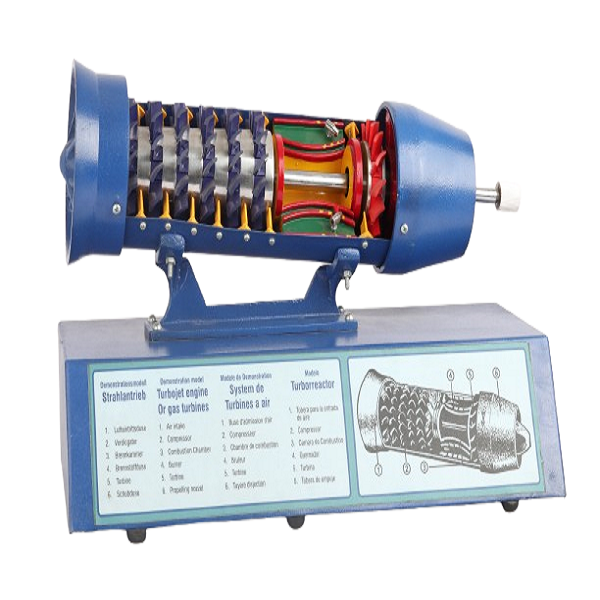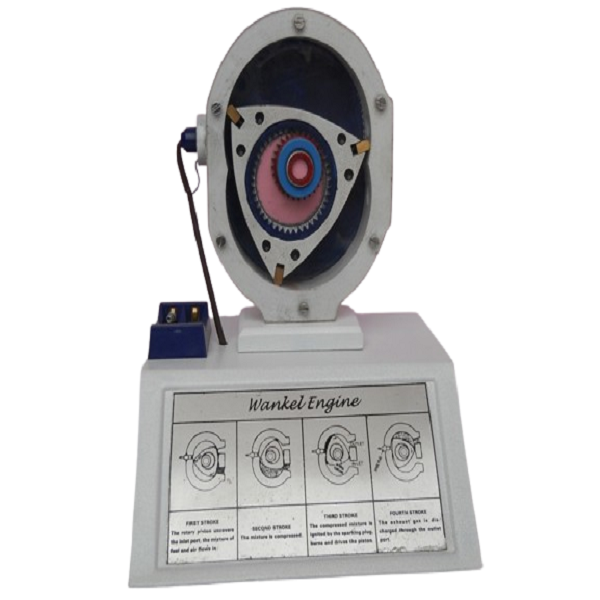A parallel circuit is an electrical circuit with multiple paths for electricity to flow, as opposed to a series circuit where there is only one path. In a parallel circuit, the voltage across each branch is the same, but the current varies.
Here are some characteristics of parallel circuits:
-
-
Current
The current splits into different branches, then recombines before returning to the power supply. The total current supplied by the source increases as the number of branches increases.
-
-
Resistance
The overall resistance of a parallel circuit can be calculated using the reciprocal equation: 1/RT = 1/R1 + 1/R2 + 1/R3.
-
Fault tolerance
If one component fails in a parallel circuit, the remaining components can continue to function. For example, if one light bulb in a parallel circuit burns out, the other bulbs will still work.
-
VoltageThe working voltage of a parallel combination of capacitors is limited by the smallest working voltage of any individual capacitor.






There are no reviews yet.